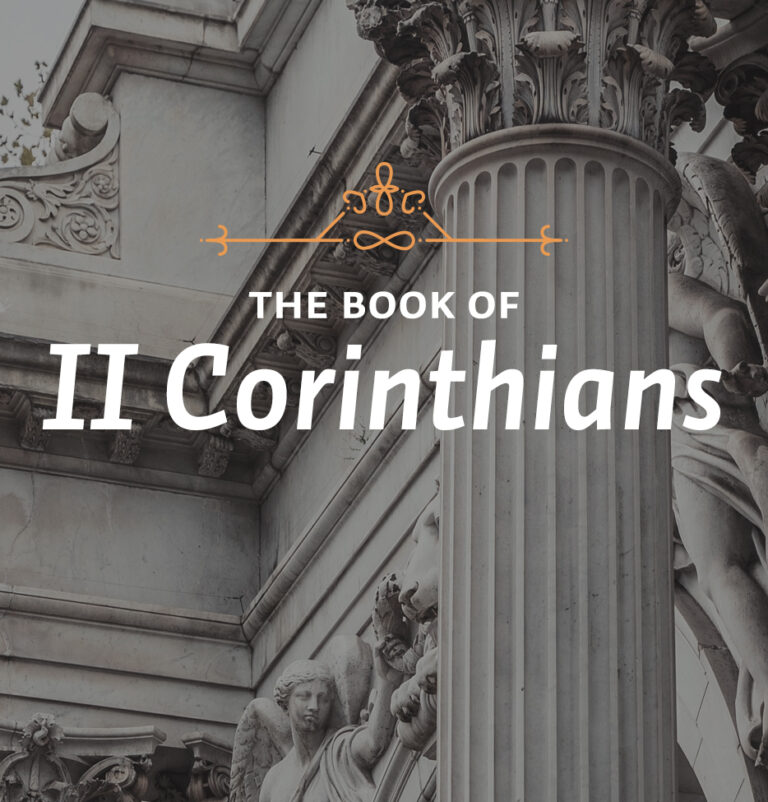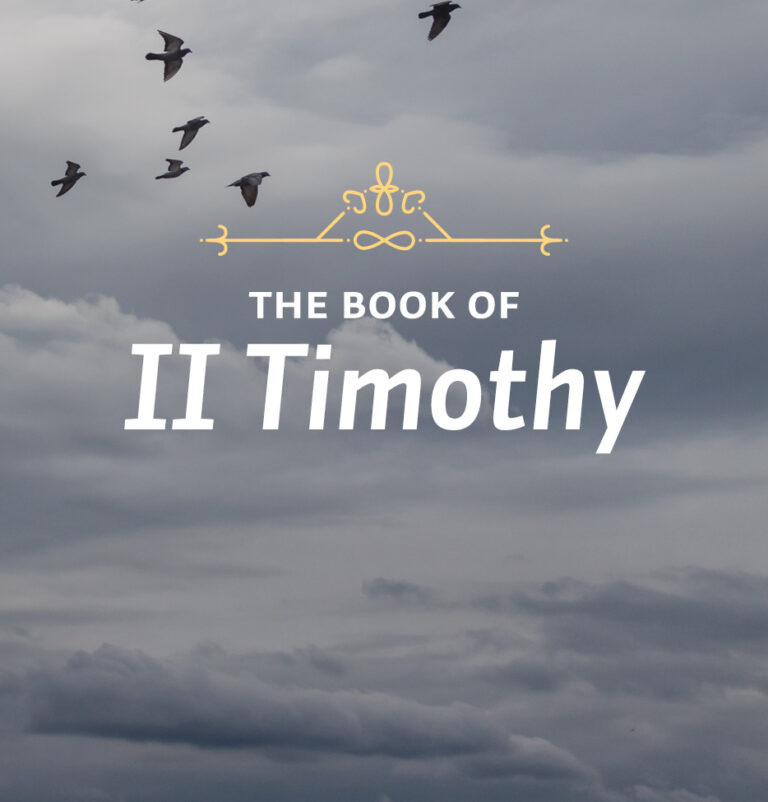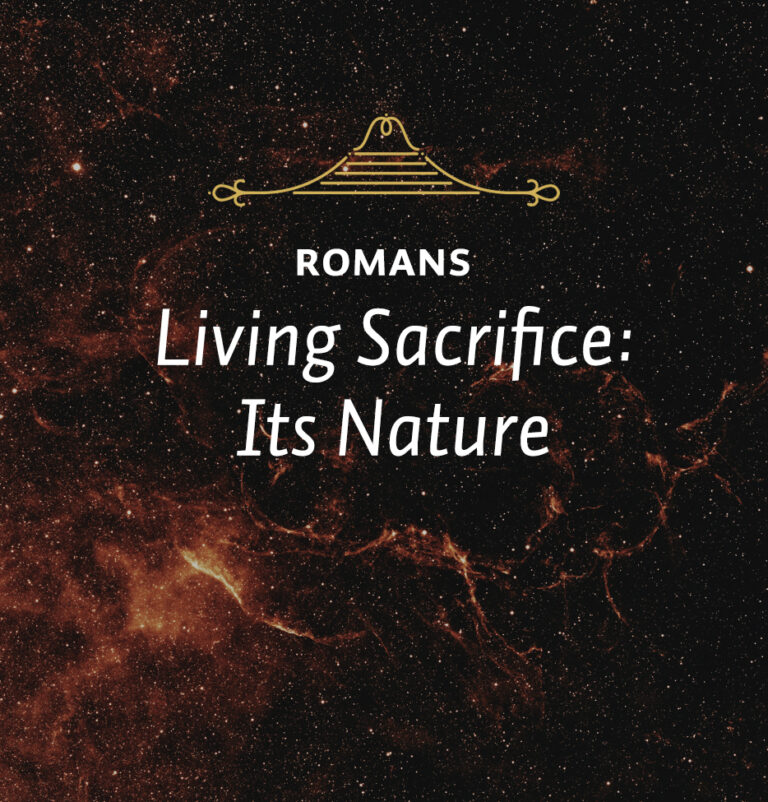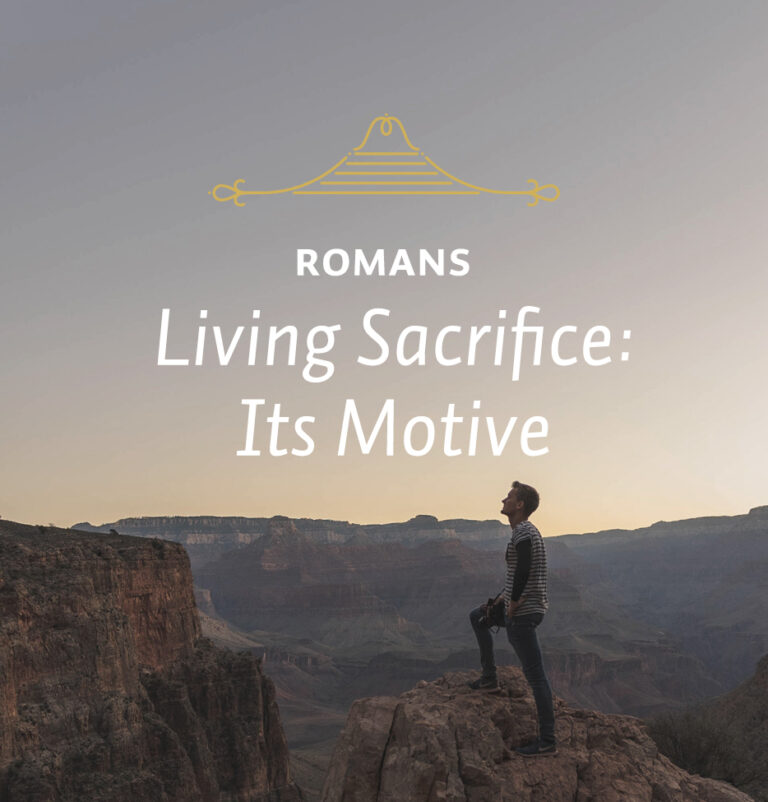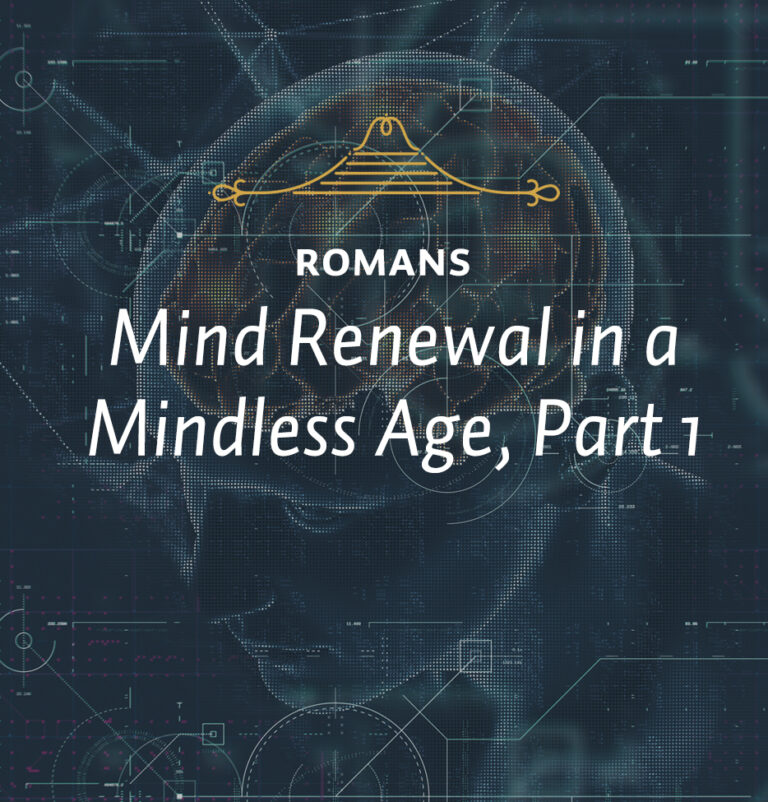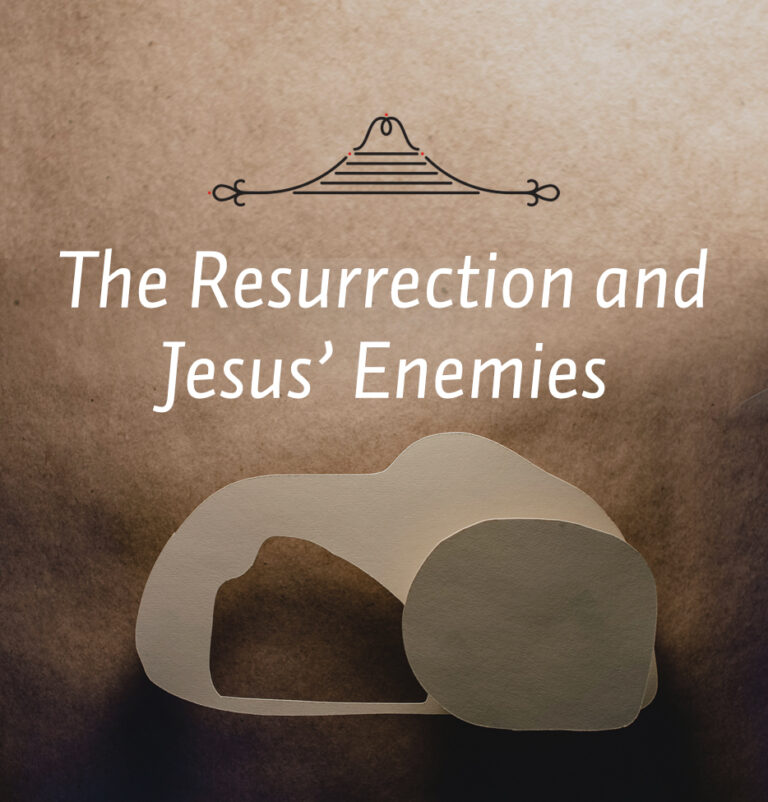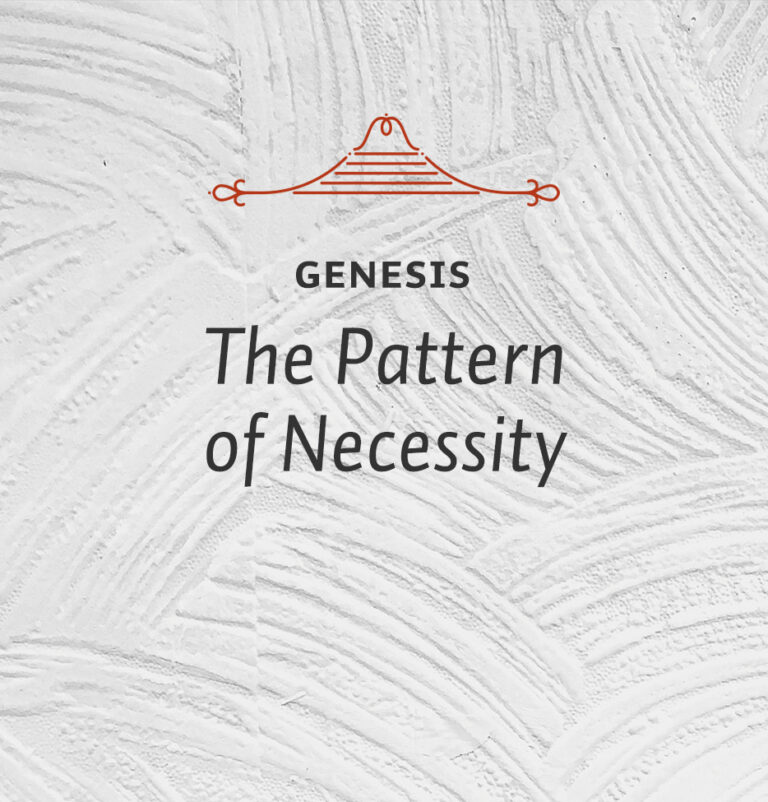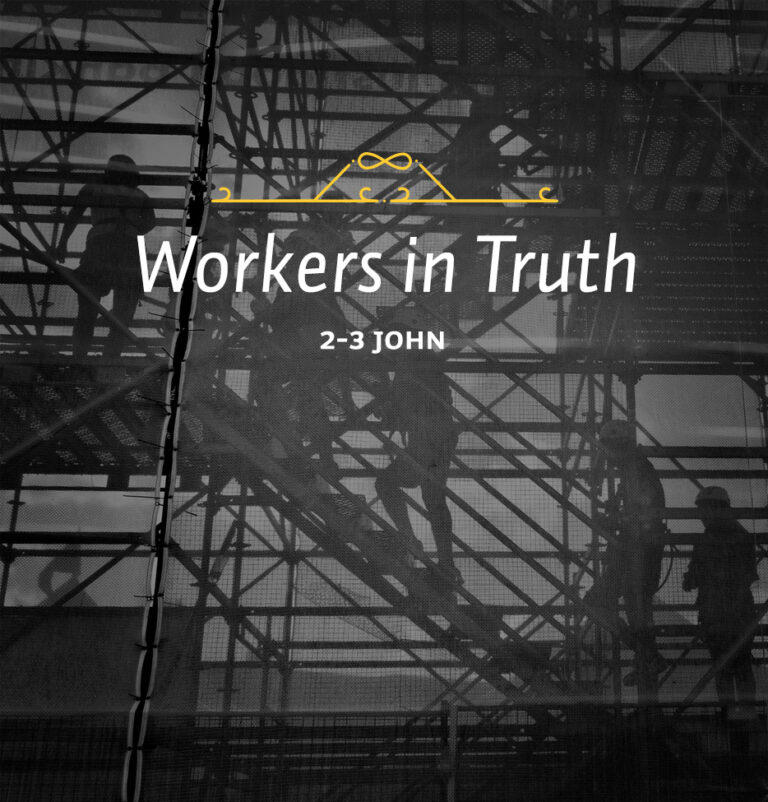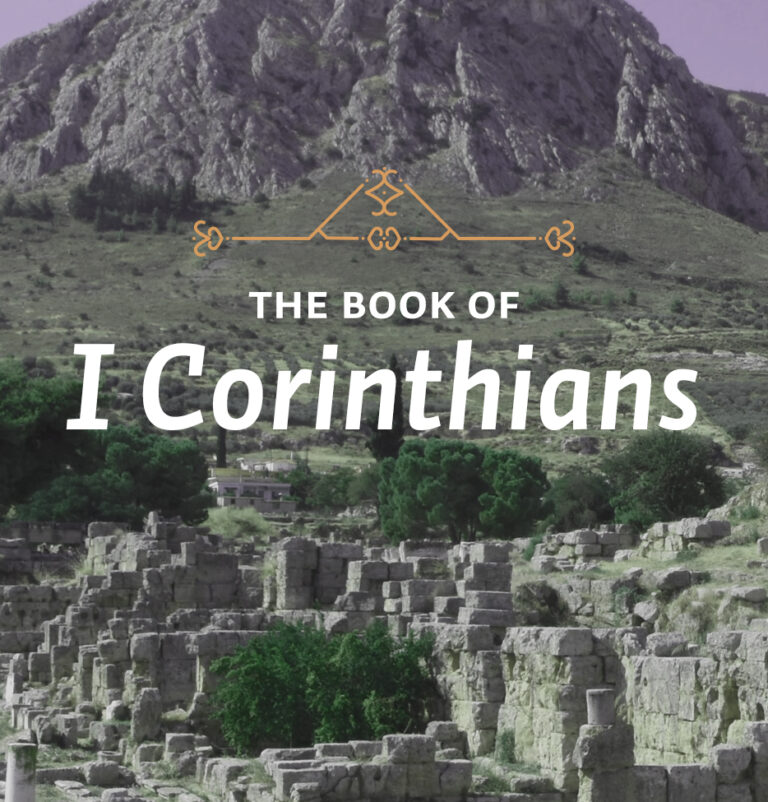
Saints and Sinners – Part 1
Traveling to and from Corinth by sea was difficult and dangerous. A journey over land was safer and easier. So the Corinthians devised a way to save commercial ships about two hundred miles of ocean travel. They found that it was possible at times to sail a ship into Corinth’s harbor on one side and drag the ship up over an area of low land and down to the other side in order to avoid having to sail the whole way around the southern portion of Greece.


